OU News
News from The Open University
- Home
- Category: Space
Category: Space
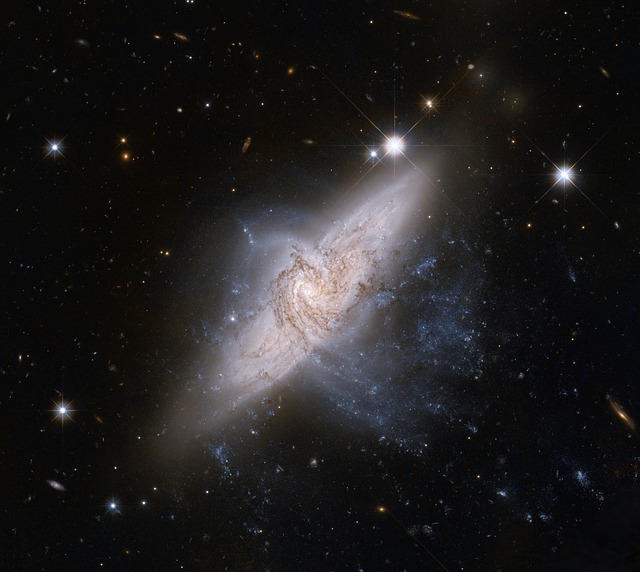
OU shortlisted for two awards for its contribution to international space science
This week, academics from the Faculty of STEM are celebrating Space Science at the OU by supporting the UK Space Conference 2017. In addition, they are eagerly awaiting the Centenary Sir Arthur Clarke Awards Ceremony, for which the OU has been shortlisted for two categories. Space Achievement – Academic Study/Research The Centre for Electronic Imaging […]
Read more about OU shortlisted for two awards for its contribution to international space science
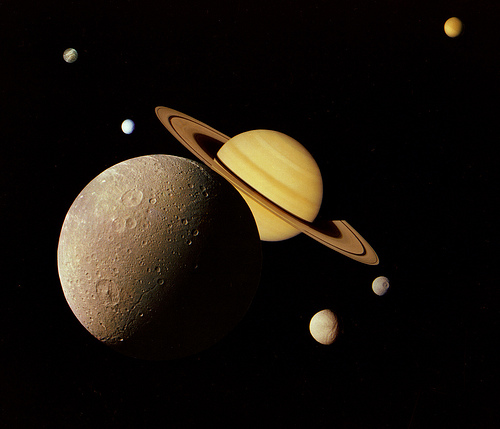
Saturn moon Enceladus is able to host life – it’s time for a new mission
Ever since studies started suggesting that chemical reactions between water and rock on Saturn’s moon Enceladus could provide enough energy in the water to feed microbial life, scientists have been searching for proof that the right sort of reactions really do occur. And during its last dive through the icy plumes that Enceladus erupts into […]
Read more about Saturn moon Enceladus is able to host life – it’s time for a new mission
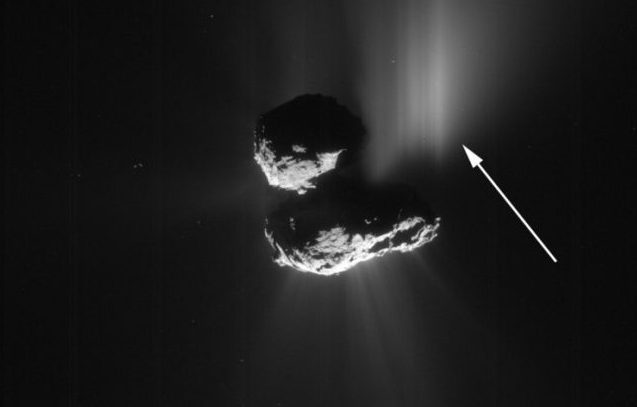
Crumbling comet? The great debate about whether Rosetta rock 67P is breaking apart
It is almost six months since the Rosetta spacecraft completed its operations in a controlled dive onto the surface of comet 67P/Churyumov-Gerasimanko. The landing, after which Rosetta could no longer communicate with Earth, may have marked the end of data collection from the comet – but not the end of news about 67P. The archive […]
Read more about Crumbling comet? The great debate about whether Rosetta rock 67P is breaking apart
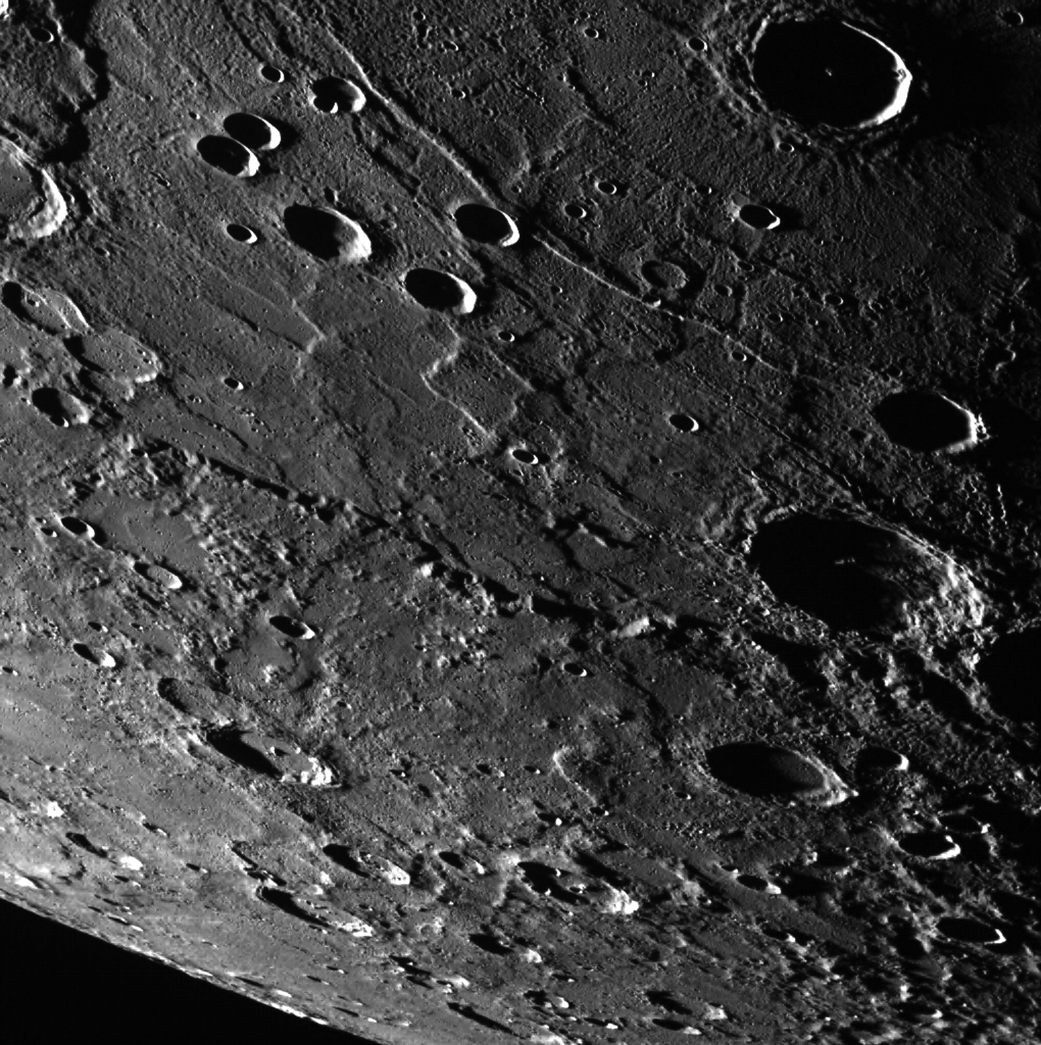
OU PhD student names a crater on Mercury after Irish poet
OU PhD student, Jack Wright has been given the honour of naming a 120km diameter crater on Mercury which he identified through his mapping of a section of the planet. Named ‘Heaney’ after the late Irish poet, author and Nobel Prize winner for literature, Seamus Heaney, the official announcement was made today (21 March) by […]
Read more about OU PhD student names a crater on Mercury after Irish poet
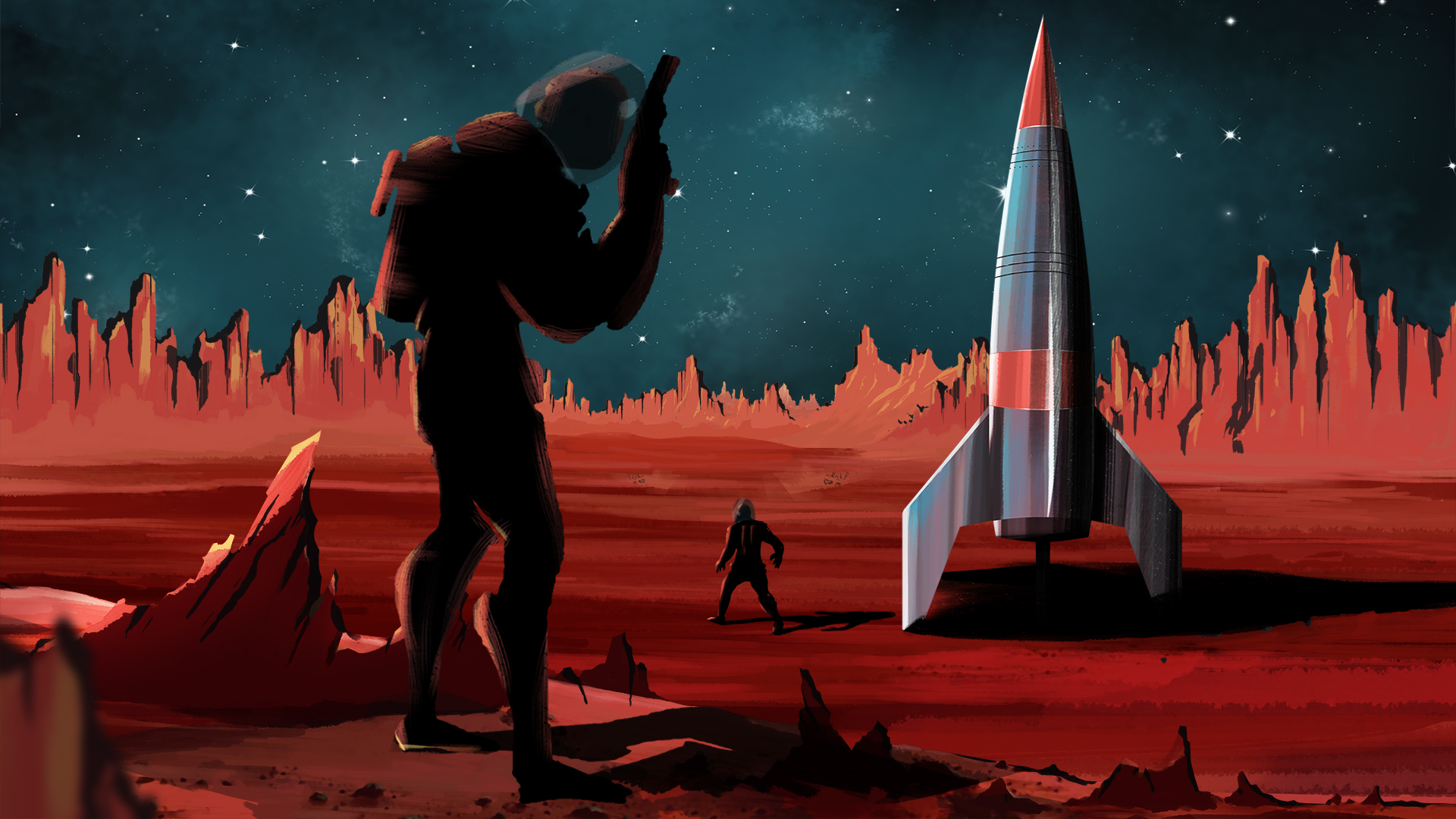
OU academic hunts for Martians with BBC Radio 4
As part of a special week of Mars programmes on BBC Radio 4, Professor of Planetary and Space Sciences, Monica Grady, presents a 30 minute special programme about the search for life on the Red Planet on Monday 6 March 2017, 21:00. In Hunting the Martians, Professor Grady explores the balance of evidence for Mars […]
Read more about OU academic hunts for Martians with BBC Radio 4
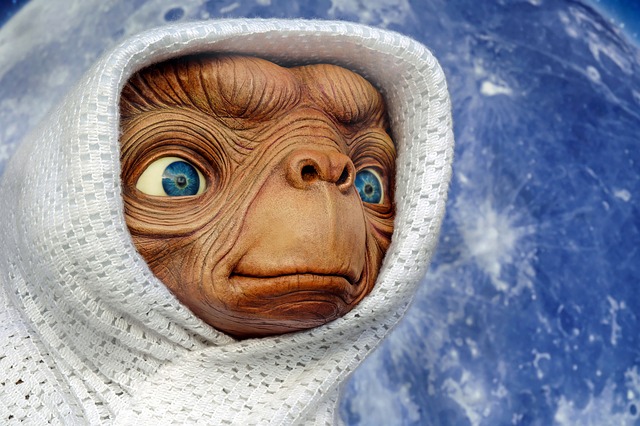
Solar system with seven Earth-like planets found around nearby star – here’s what they could be like
There have been many discoveries of potentially habitable planets orbiting stars other than our own over the last few years. Now things are getting even more exciting. Scientists have documented a star surrounded by no fewer than seven Earth-like planets – several or all of which could be at the right temperature for liquid water, […]

Organic molecules found on giant asteroid Ceres – why that’s such a huge deal
Sometimes, I think scientists are just that little bit too modest. A new paper in Science has a humdinger of a title: “Localized aliphatic organic material on the surface of Ceres”. It doesn’t exactly trip off the tongue and may not even seem that important. But what the researchers have discovered is a huge deal. […]
Read more about Organic molecules found on giant asteroid Ceres – why that’s such a huge deal
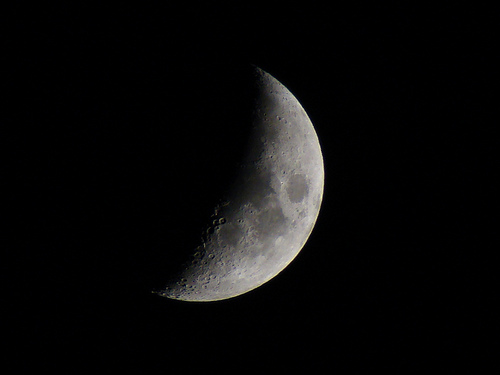
How old is our moon
Most scientists agree that the Earth has pretty much always had its moon. Details of the moon’s composition (in particular the “isotopic mixture” of heavier and lighter versions of various elements) are too similar to the Earth’s for it to have been captured from somewhere remote. However, some compositional details differ enough to rule out […]
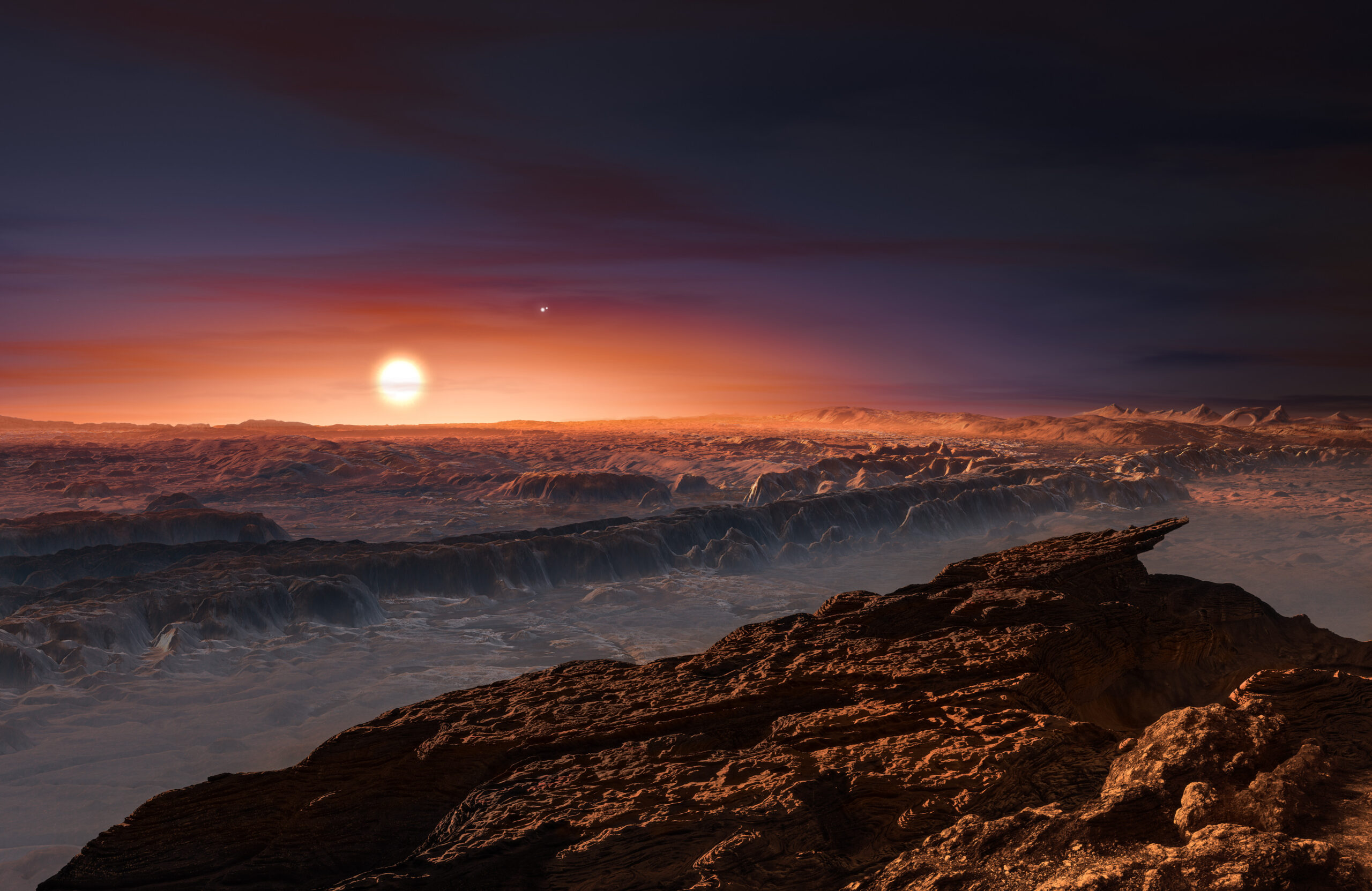
Astronomy research from the OU among Physics World 2016 top breakthroughs
The discovery of a planet orbiting our nearest star, Proxima Centauri, has been highly commended among Physics World 2016 top 10 breakthroughs. As part of an international team of astronomers, Postdoctoral Researcher at The Open University, Dr John Barnes, was instrumental in establishing that the observed ‘wobble’ of Proxima Centauri was caused by a nearby […]
Read more about Astronomy research from the OU among Physics World 2016 top breakthroughs
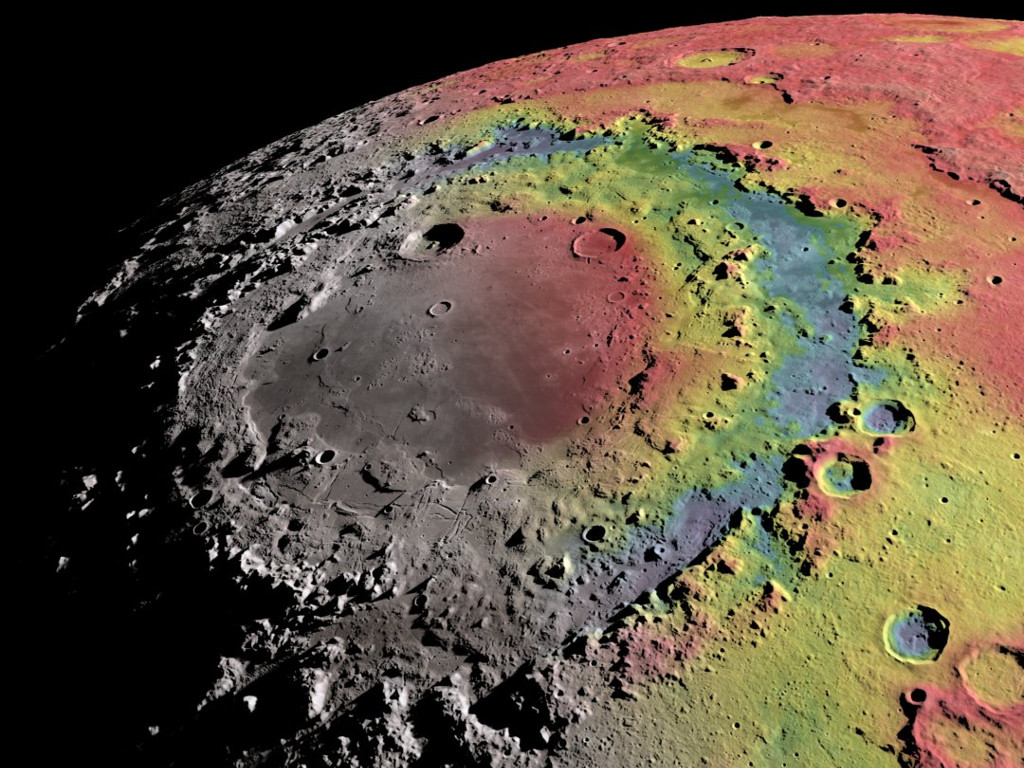
Study sheds light on violent asteroid crash that caused mysterious ‘crater rings’ on the moon
Some 3.8 billion years ago, the moon was a dangerous place – constantly bombarded with asteroids and comets. Our celestial neighbour still bears the scars of this time, in the shape of craters. The biggest of these are called basins, and one is the mysterious, 930km-diameter Orientale Basin, which looks like a bull’s eye with […]
Page 13 of 17